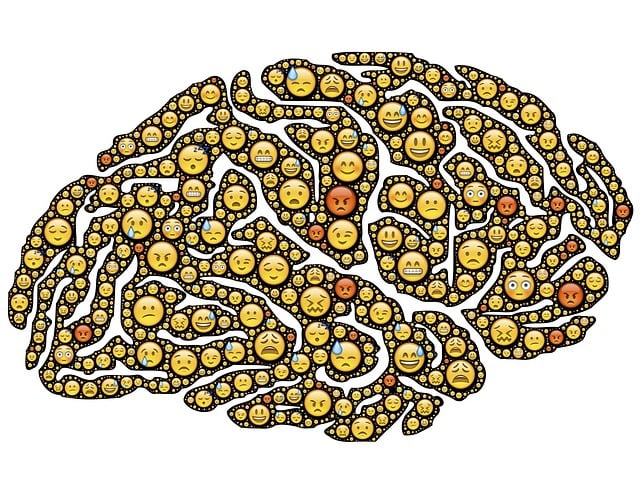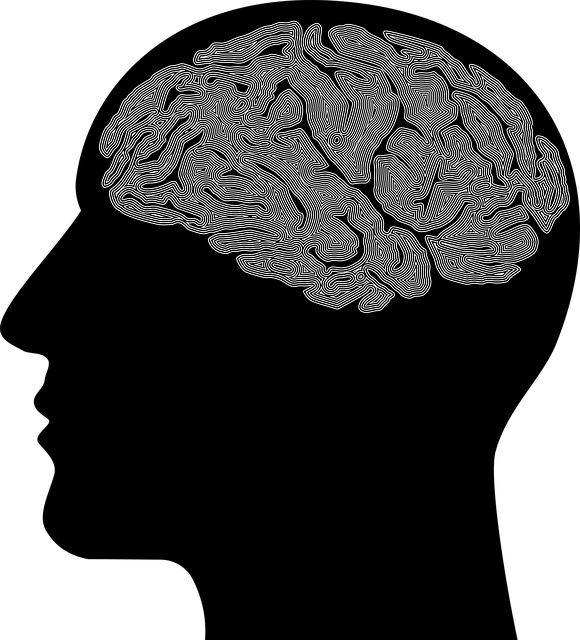Evaluating the Denver Acceptance and Commitment Therapy (ACT) program combines quantitative surveys and statistical analyses with qualitative interviews and feedback to measure participation rates, symptom improvements (e.g., using GAD-7 or PHQ-9 scales), and overall program effectiveness. This dual approach reveals participants' personal growth, perceptions of ACT principles like mindfulness and self-awareness, and their impact on aspects like anxiety relief and life satisfaction. Integrating Denver ACT into evaluation methods enhances the understanding of mental wellness programs, allowing for tailored interventions that promote successful long-term recovery within diverse community populations.
Mental wellness programs require rigorous evaluation to measure their effectiveness. This article explores various methods, focusing on quantitative and qualitative assessments to gauge program impact. We delve into participant outcomes, tracking progress and success rates, and highlight the integration of Denver Acceptance and Commitment Therapy (ACT) as a powerful tool in mental health evaluations. By combining these approaches, we can gain valuable insights into the holistic benefits of wellness programs.
- Assessing Program Impact: Quantitative and Qualitative Measures
- Participant Outcomes: Tracking Progress and Success Rates
- Integration of Denver Acceptance and Commitment Therapy (ACT) in Evaluation Techniques
Assessing Program Impact: Quantitative and Qualitative Measures

Evaluating the impact of a mental wellness program is a multifaceted process that combines both quantitative and qualitative measures. Quantitative methods, such as surveys and statistical analyses, provide hard data on participation rates, improvements in symptoms, and overall program effectiveness. For instance, the Denver Acceptance and Commitment Therapy (ACT) program can measure reductions in anxiety or depression scores using validated scales like the GAD-7 or PHQ-9. These tools help quantify changes over time, offering a clear picture of the program’s reach and success.
Qualitative assessments, on the other hand, delve deeper into participants’ experiences and perceptions. Methods include interviews, focus groups, and open-ended feedback forms. Questions might explore how Mind Over Matter principles, mindfulness meditation, or self-awareness exercises have influenced individuals’ lives. These insights provide valuable context, shedding light on participants’ journeys and the program’s ability to foster personal growth and resilience. By combining both approaches, a comprehensive understanding of the Denver ACT program’s impact can be achieved, informing future iterations and contributing to best practices in mental wellness interventions.
Participant Outcomes: Tracking Progress and Success Rates

Evaluating participant outcomes is a crucial aspect of any mental wellness program, providing insights into the effectiveness and success rates of interventions. By tracking individual progress, programs can measure their impact on various aspects of mental health and well-being. This includes assessing changes in symptoms, such as reduced anxiety or depression, improved emotional regulation, and enhanced overall life satisfaction. For instance, a study utilizing Denver Acceptance and Commitment Therapy (ACT) techniques found significant improvements in participants’ ability to accept difficult thoughts and emotions, leading to increased life value and meaning.
In the context of mental wellness coaching programs development, tracking these outcomes is essential for refining interventions. Compassion cultivation practices, for example, have shown promise in fostering positive psychological changes, particularly when combined with crisis intervention guidance. Regular assessments allow program developers to understand what works best for different individuals, ensuring that services are tailored to meet diverse needs and promoting successful long-term recovery.
Integration of Denver Acceptance and Commitment Therapy (ACT) in Evaluation Techniques

The integration of Denver Acceptance and Commitment Therapy (ACT) into evaluation techniques offers a promising approach for assessing mental wellness programs. ACT emphasizes mindfulness, acceptance, and committing to valued actions, which can be powerful tools in understanding participants’ experiences and progress. By incorporating ACT principles, evaluators can go beyond traditional measures and gain deeper insights into individuals’ subjective well-being, particularly in areas like anxiety relief and fostering self-care practices. This therapeutic framework encourages individuals to develop psychological flexibility, enabling them to navigate challenges more effectively.
This approach is especially valuable for community outreach program implementations where diverse populations may have unique mental health needs. By adapting evaluation methods to include ACT, practitioners can tailor interventions and support systems to cater to these varying requirements. Such integration ensures that assessment processes remain dynamic, responsive, and aligned with the evolving landscape of mental wellness promotion, ultimately enhancing the overall effectiveness of community initiatives.
Evaluating mental wellness programs is a multifaceted process, encompassing both quantitative and qualitative measures. By tracking participant outcomes and success rates, we gain insights into program impact. Integrating Denver Acceptance and Commitment Therapy (ACT) into evaluation techniques offers a unique perspective, enhancing our understanding of individual progress and overall program effectiveness. This comprehensive approach ensures that mental health interventions are not only evidence-based but also tailored to meet the diverse needs of those seeking support.














